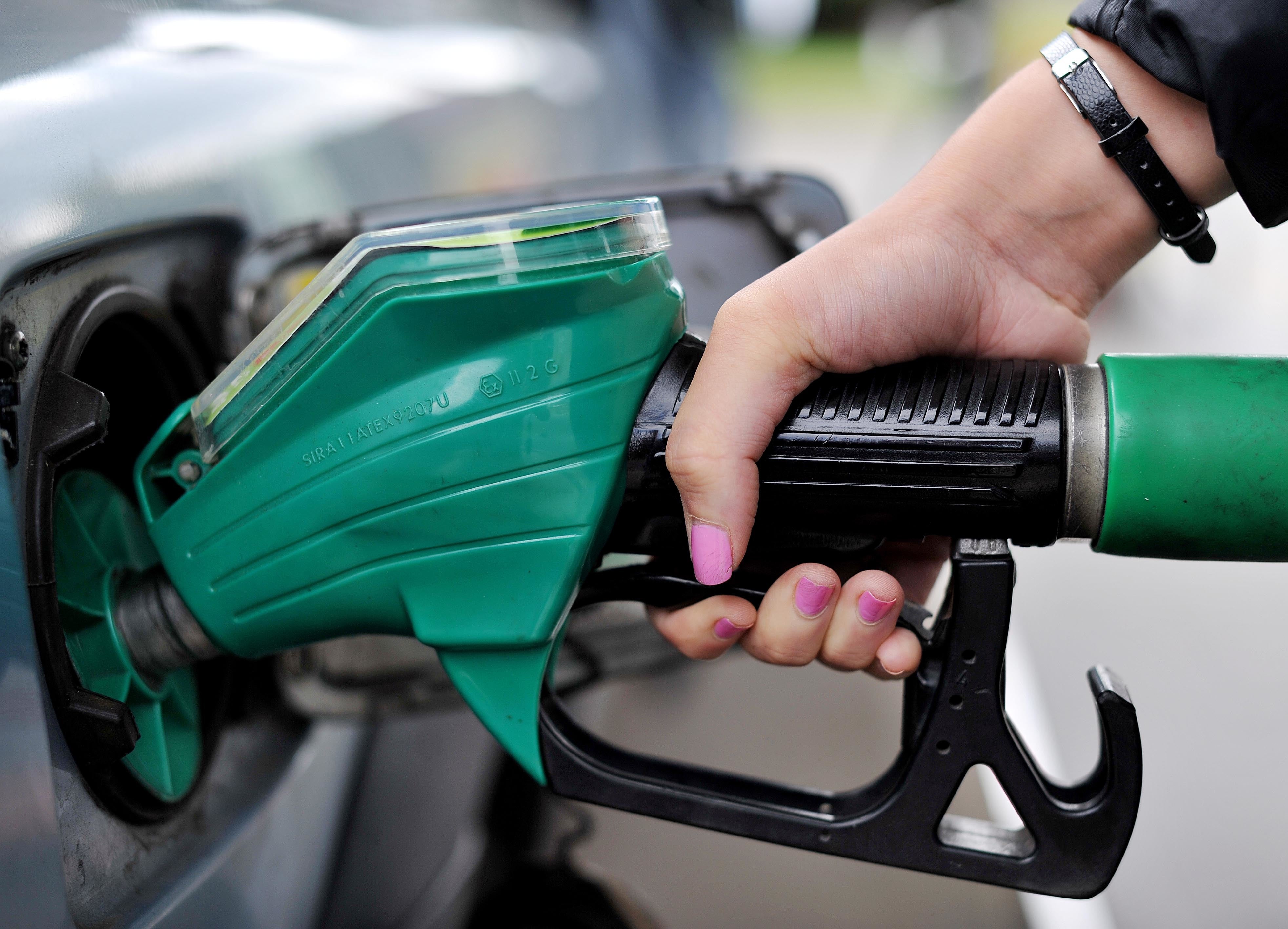Falling fuel prices push inflation back below 10%
Diesel and petrol prices fell by nearly 7% in August, the Office for National Statistics said.

Inflation fell for the first time in nearly a year in August as lower diesel and petrol prices took some pressure off struggling households, but it remains close to its 40-year record.
The Office for National Statistics (ONS) said Consumer Prices Index inflation reached 9.9% in the year to August, down from 10.1% the previous month. Experts had expected the figure to be unchanged between the two months.
The ONS said the biggest downward pressure on the inflation rate was the price of motor fuels, which has been falling in recent months.
The 6.8% drop in fuel prices was the highest since between March and April 2020, the early days of the pandemic when oil prices briefly went negative on some markets.
Inflation may well remain a central theme until at least the end of the year
“The easing in the annual inflation rate in August 2022 reflected principally a fall in the price of motor fuels in the transport part of the index,” the ONS said.
“Smaller, partially offsetting, upward effects came from price rises for food and non-alcoholic beverages, miscellaneous goods and services, and clothing and footwear.”
But George Lagarias, chief economist at accountancy Mazars, warned that it will be some time before inflation truly starts dropping off.
“Higher energy prices for all the previous months have fully fed into most supply chains and it will take months of lower oil for end-consumer prices to meaningfully come down again. Inflation may well remain a central theme until at least the end of the year,” he said.
“However, input costs have begun to drop and we should see this feeding into general prices eventually.”
The figures mark a positive trend for the first time in more than a year. Inflation has risen every month since September 2021, according to the official figures.
But despite a positive headline trend, inside the data there are more worrying details, according to analysis from the Resolution Foundation.
The think tank said the poorest 10th of households are facing an average inflation rate of 10.6%, compared with 9% for the richest.
“High inflation is set to be with us for some time, particularly for low-income households who continue to be hit hardest by high prices,” said senior economist Jack Leslie.
“Having delivered £2,200 worth of cost-of-living support for every household this year, the Government will need to consider what support will be needed next year too.”
Inflation has piled pressure on households around the country, whose cost of living has rocketed, largely as a result of soaring energy costs.
No part of the economy has escaped the energy crisis, which has helped push up prices of food and other items.
Experts believe that the support on energy bills announced by the Government last week will ensure that inflation does not reach the concerning highs that had been forecast.
According to one prediction, CPI inflation could have peaked above 20% as energy bills continued to rise.
But bills will be capped at £2,500 per year for the average household for the next two years, new Prime Minister Liz Truss announced on Thursday.
Without that support bills had at most been forecast to rise to £7,700 for the average family.
Yael Selfin, chief economist at consultancy KPMG UK, said: “The new measures announced by the Government to cap energy prices for households at £2,500 could see inflation peak at a more modest 10.5% in October.
“However, with inflation in near double digits, the combination of expected tax cuts and support measures for households may prompt the Bank of England to take a more hawkish stance to avoid higher inflation further down the line.
“This may result in steeper rate rises and higher rates to counteract the inflationary impacts of the expected fiscal largesse.”
The lack of detail on exactly how much help any individual business will get, and for how long, means very few will be planning to invest any time soon
Meanwhile, businesses are calling for more details about the help they will be given with energy bills.
The Government promised that businesses will receive “equivalent support” to households, but did not say how.
Alex Veitch, director of policy and public affairs at the British Chambers of Commerce, said: “The size of last week’s Government intervention on energy prices should have a dampening effect on inflation when it is enacted.
“But the lack of detail on exactly how much help any individual business will get, and for how long, means very few will be planning to invest any time soon.”
Retail Price Index inflation (RPI) was unchanged at 12.3%, while CPI including housing costs (CPIH) fell from 8.8% in July to 8.6% in August.
Bookmark popover
Removed from bookmarks